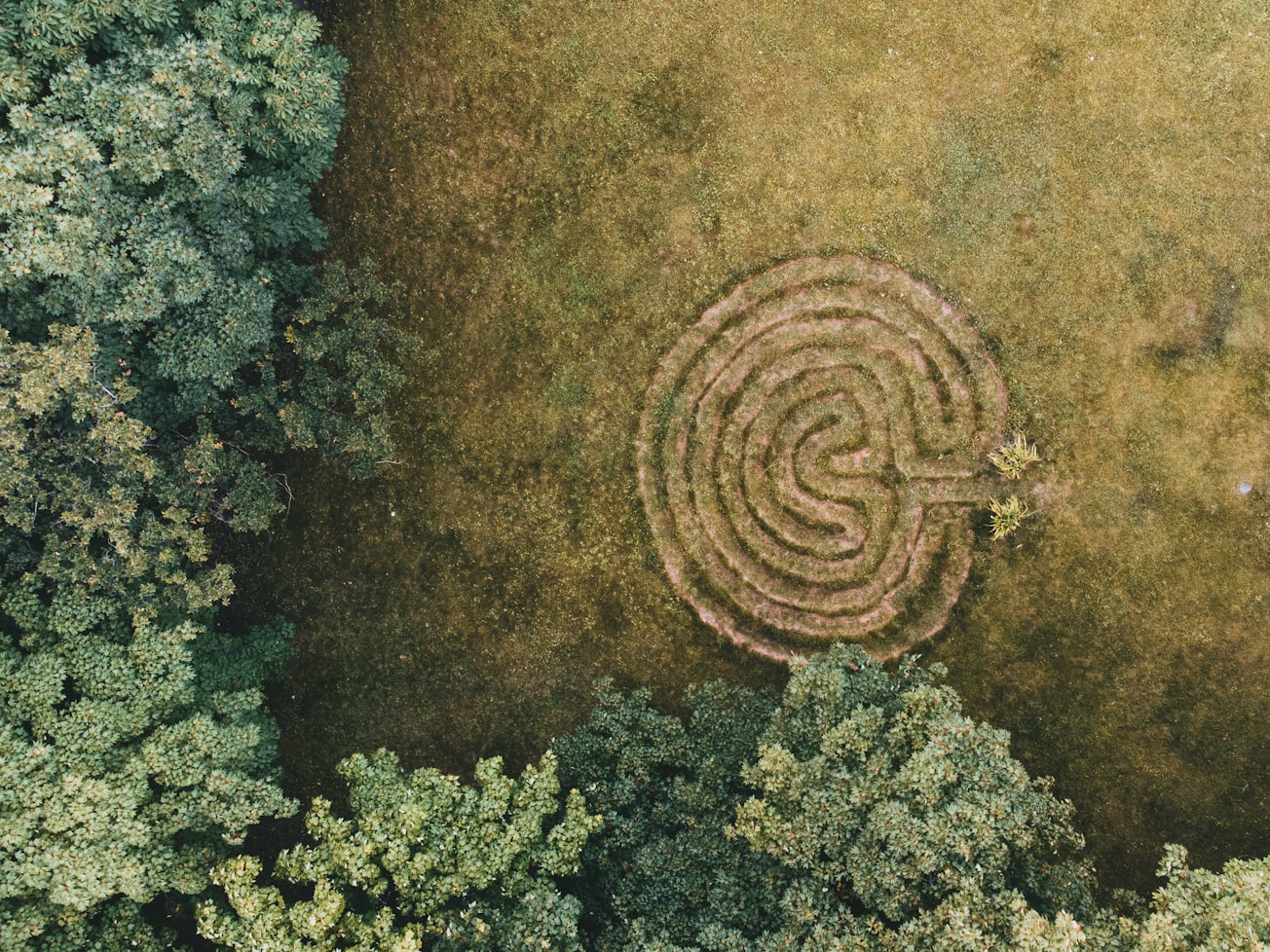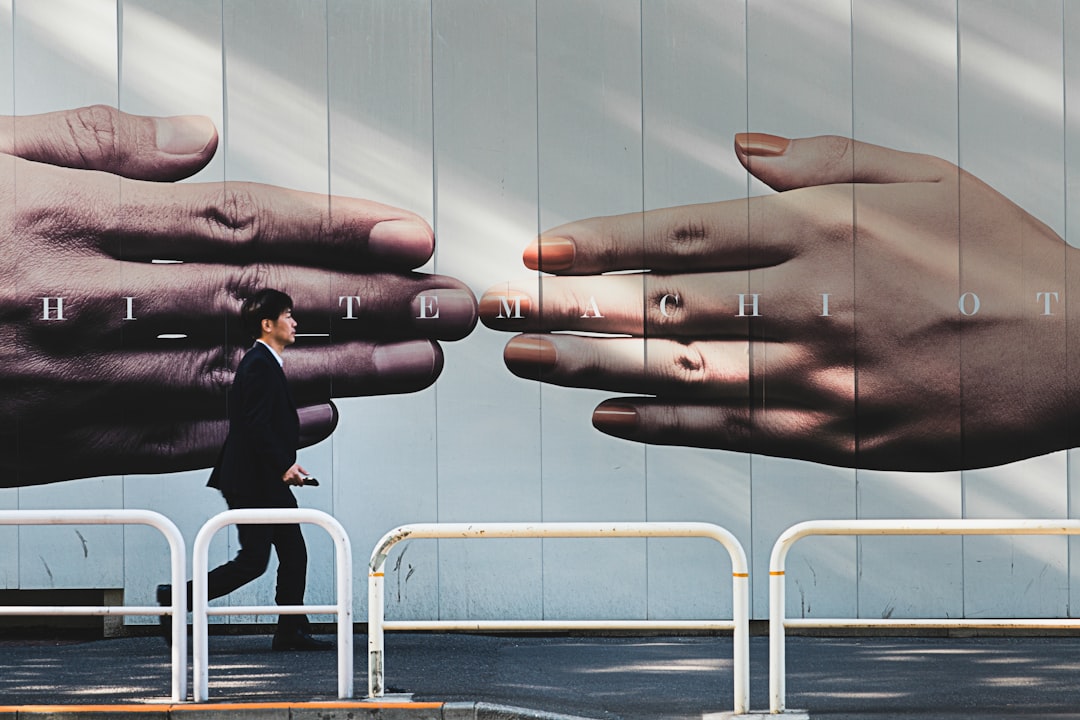What is it about?
This article argues for a ‘reciprocal intertextuality’ between Catullus 64 and Lucretius anticipating the poetic interplays of Augustan poets with the De Rerum Natura. Catullus’ wedding guests (proto-readers), Ariadne (proto-Narcissus), and Aegeus (proto-Dido) are interpreted here as errantes in the Lucretian sense: through their erroneous gazes presented in Poem 64, they all exemplify how not to gaze at the structure of the universe. In the Lucretio-Catullan intertextual space — generated, as it seems, by the Catullan text — a reciprocal way of reading emerges: while, on the one hand, ‘Catullus’ uses ‘Lucretius’ to show that the aesthetic experience he offers is dependent upon an erroneous, unLucretian gaze/reading which deprives us of the external spectator position, ‘Lucretius’, on the other hand, uses ‘Catullan’ characters as deterrent examples in order to teach us how not to submerge in ‘Catullus’ poetics of illusion’.
Featured Image

Photo by Erik Mclean on Unsplash
Why is it important?
In general, Lucretius' influence upon Catullus' poetry and especially his poem 64 is usually acknowledged. However, it is only in the last decade that scholars started to analyse and, what is more, interpret Lucretian intertextuality in Catullus in a systematic way; my study on Lucretian poetics in poem 64 is a contribution to this trend.
Perspectives
It's lovely to find new allusions in a poetic text and it's even more lovely if you find a pattern along which they can be interpreted. Both happened in this case.
Dr Ábel Tamás
Eotvos Lorand Tudomanyegyetem
Read the Original
This page is a summary of: Erroneous Gazes: Lucretian Poetics in Catullus 64, The Journal of Roman Studies, June 2016, Cambridge University Press,
DOI: 10.1017/s0075435816000320.
You can read the full text:
Contributors
The following have contributed to this page










